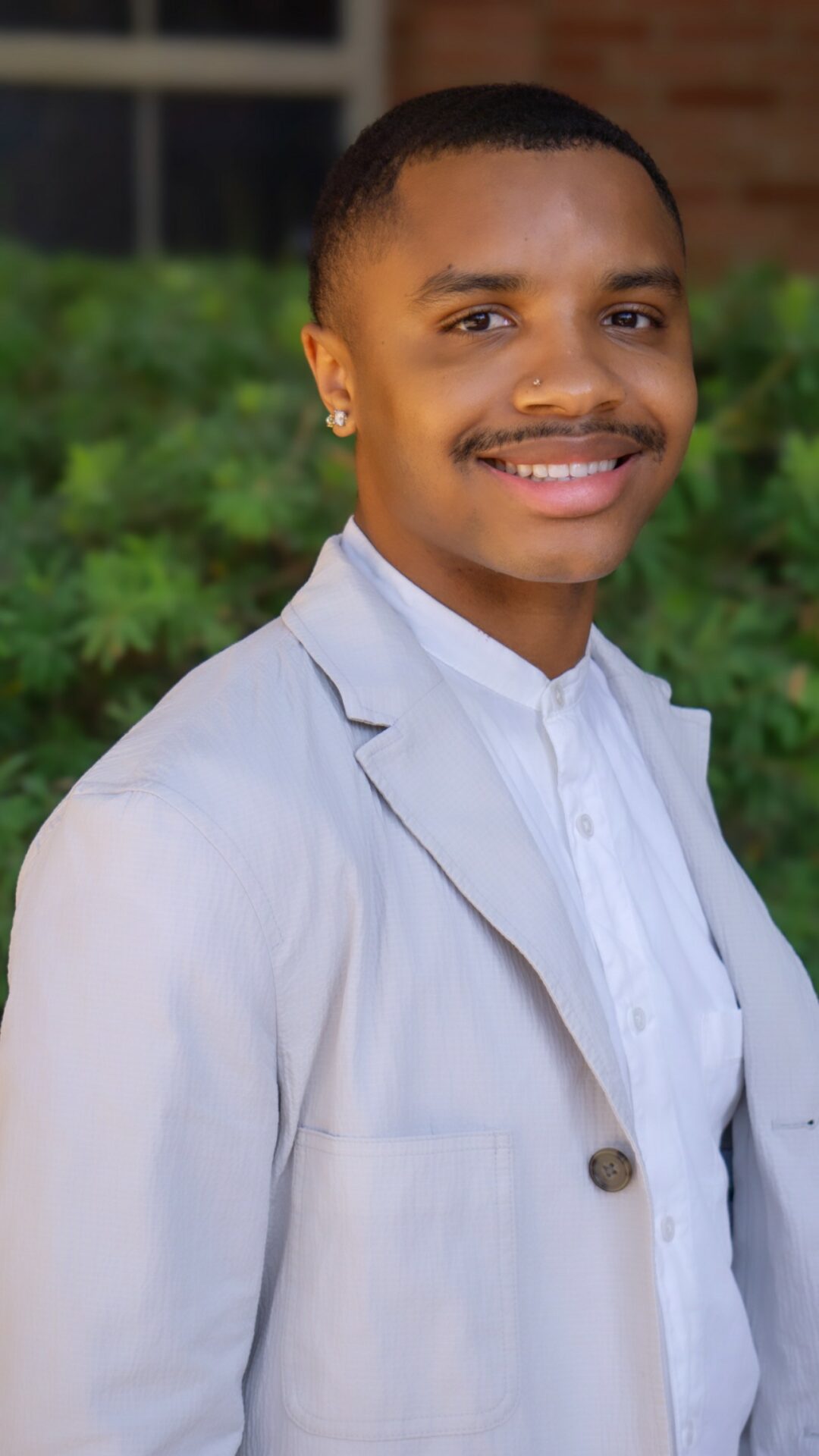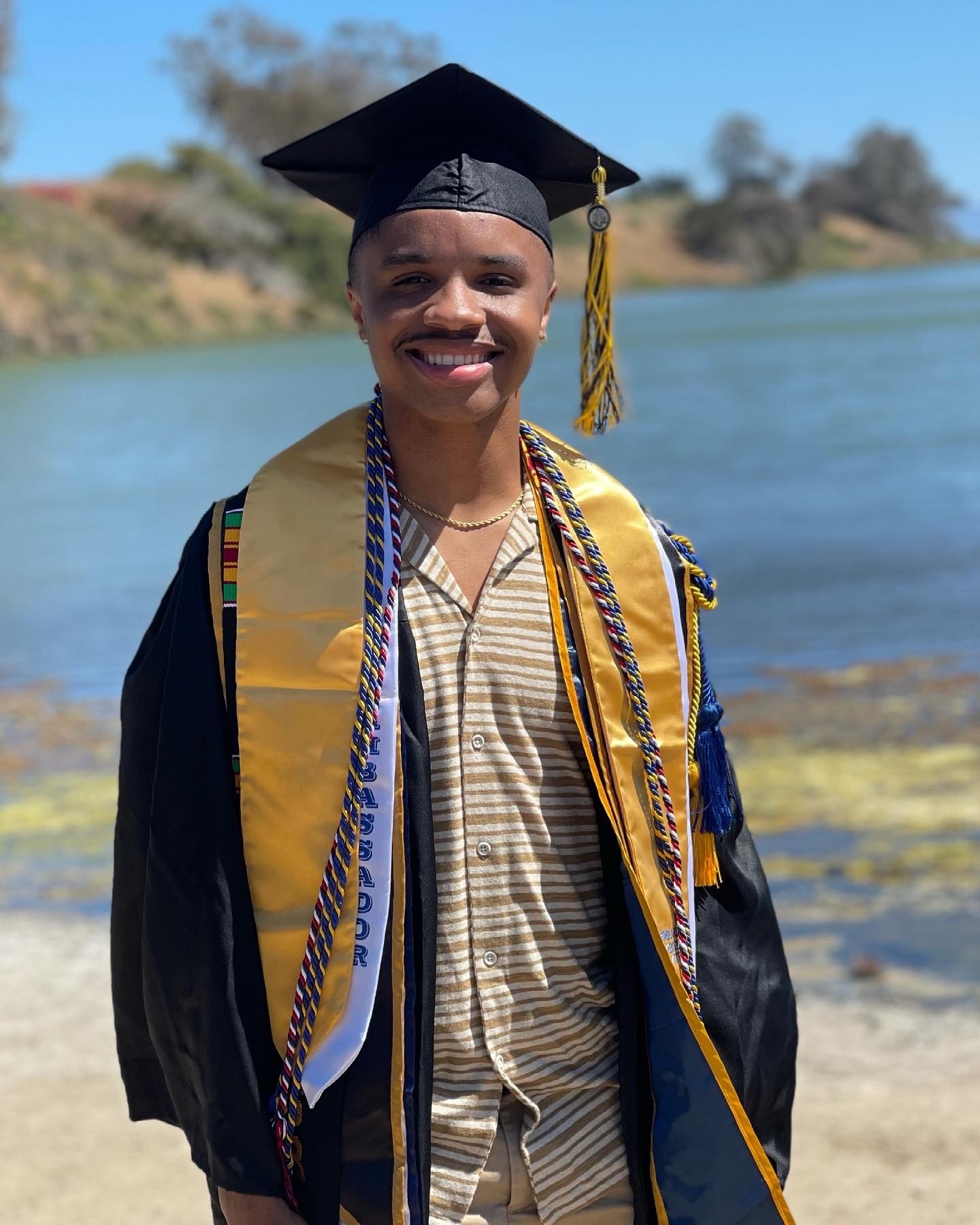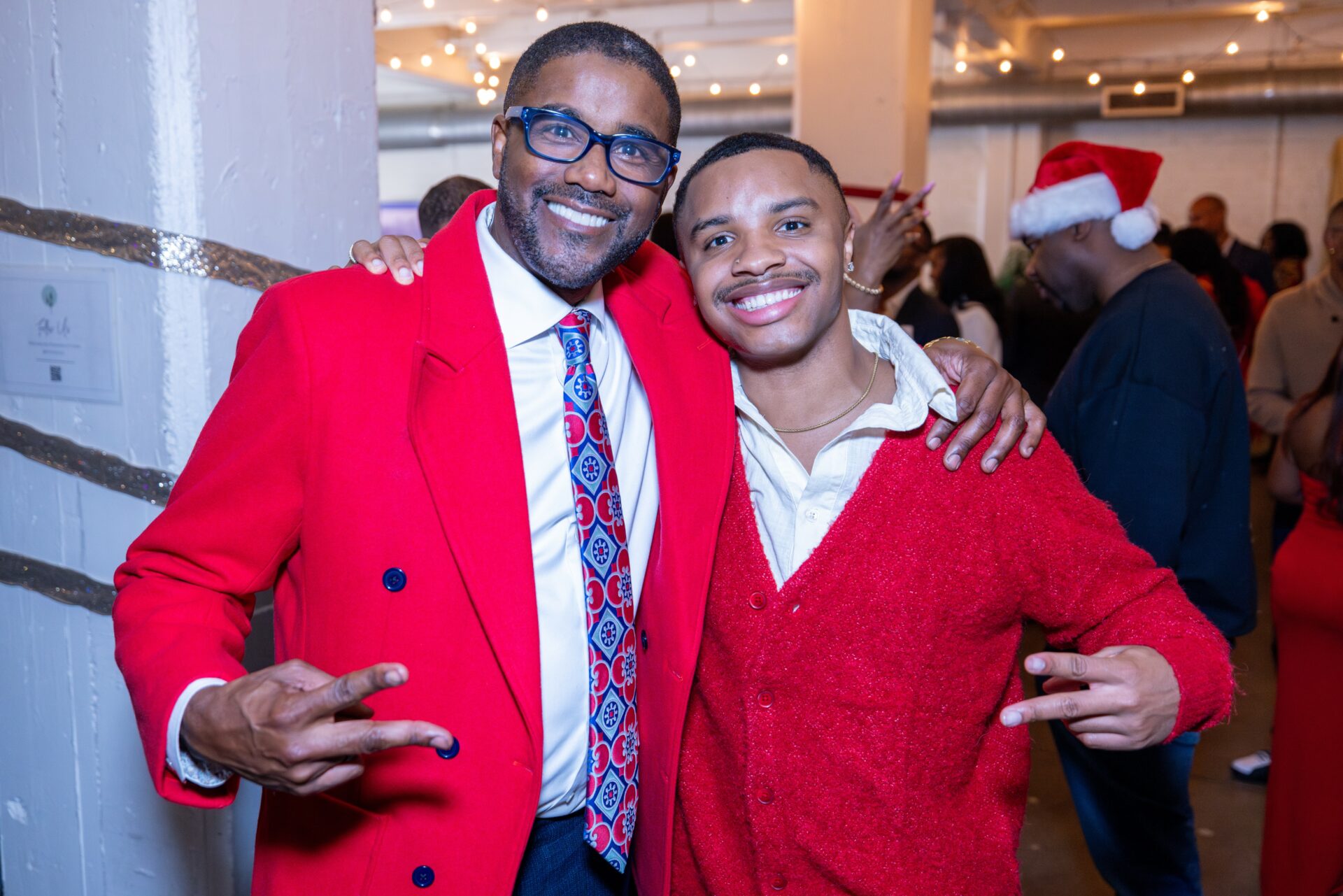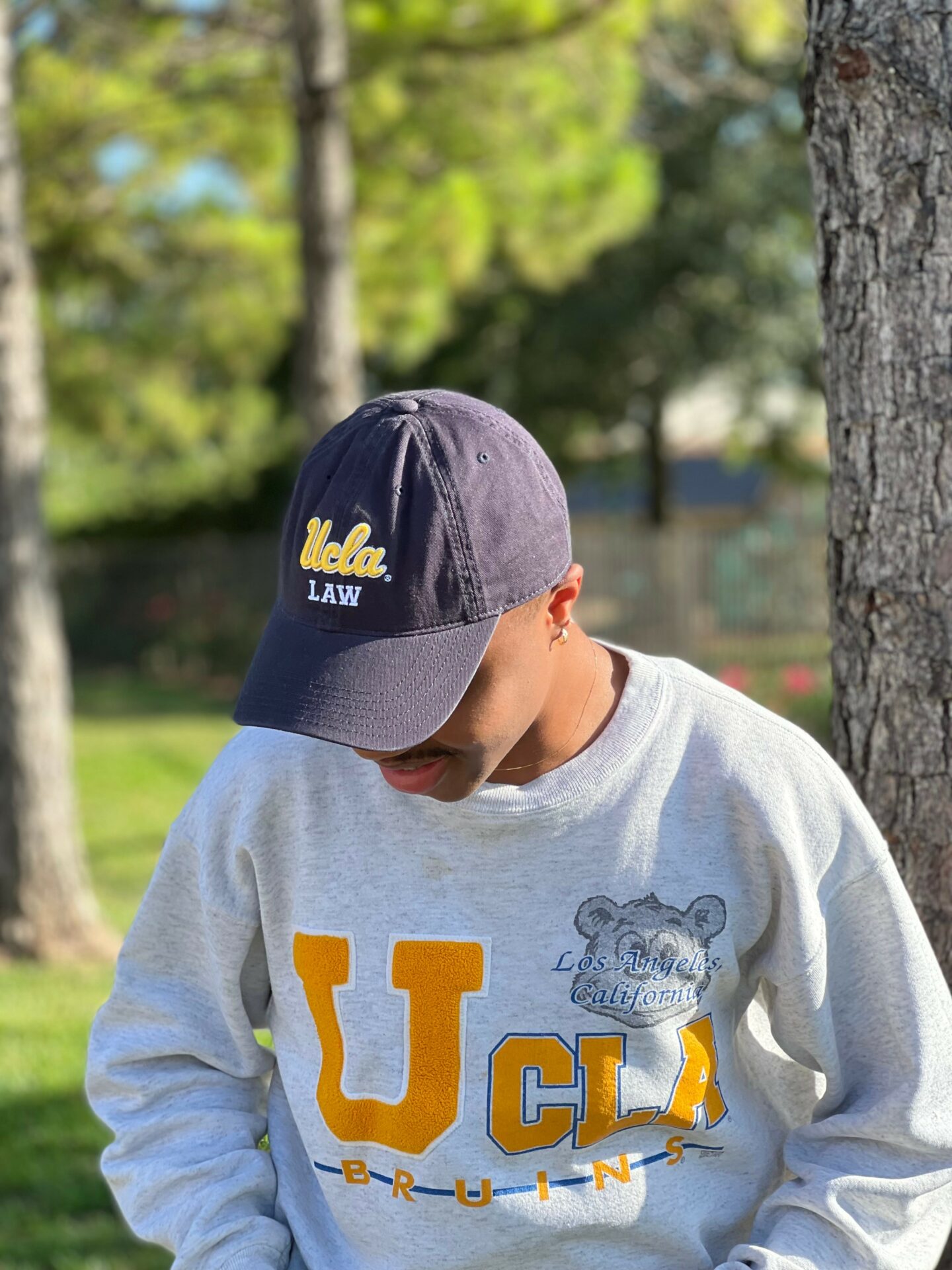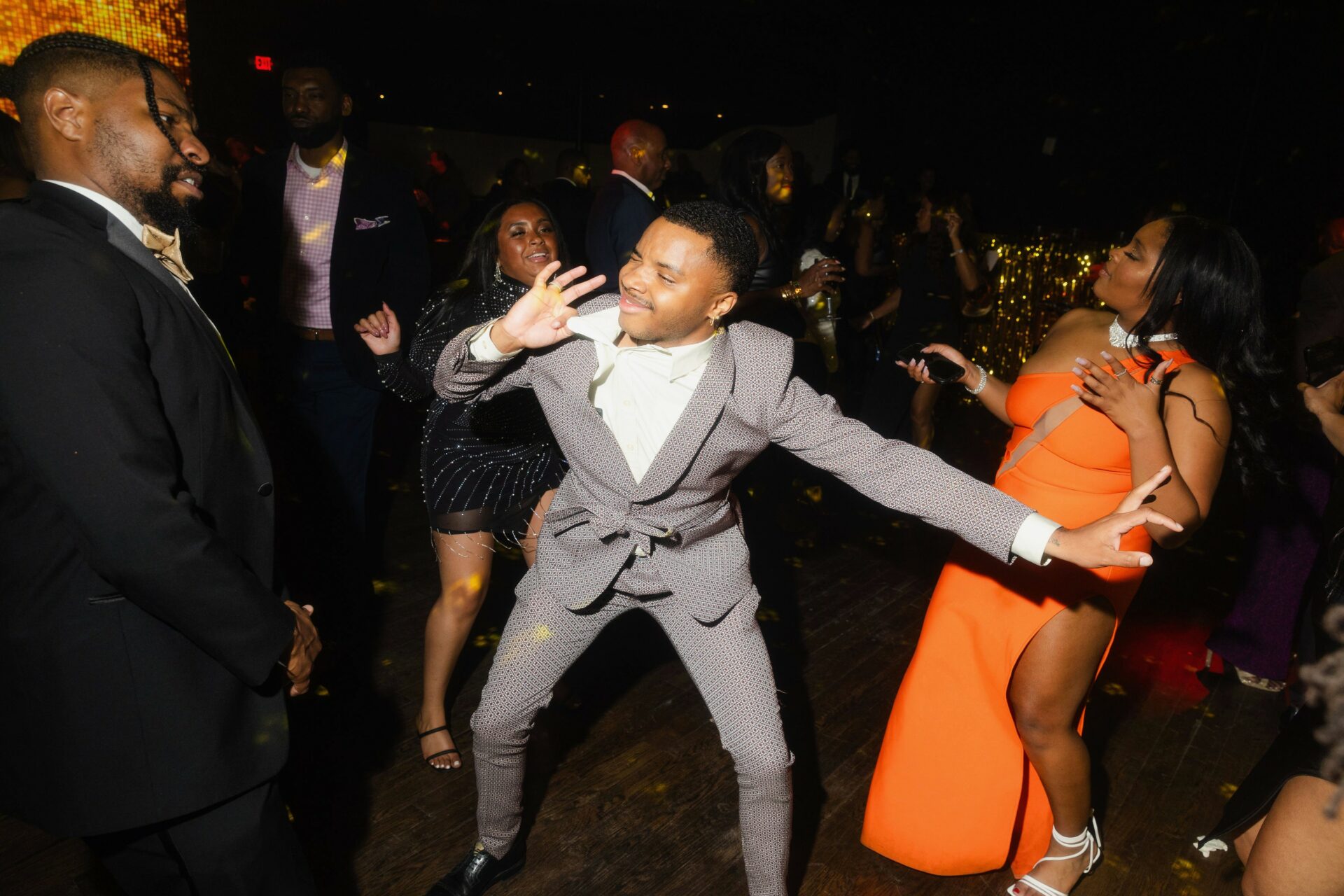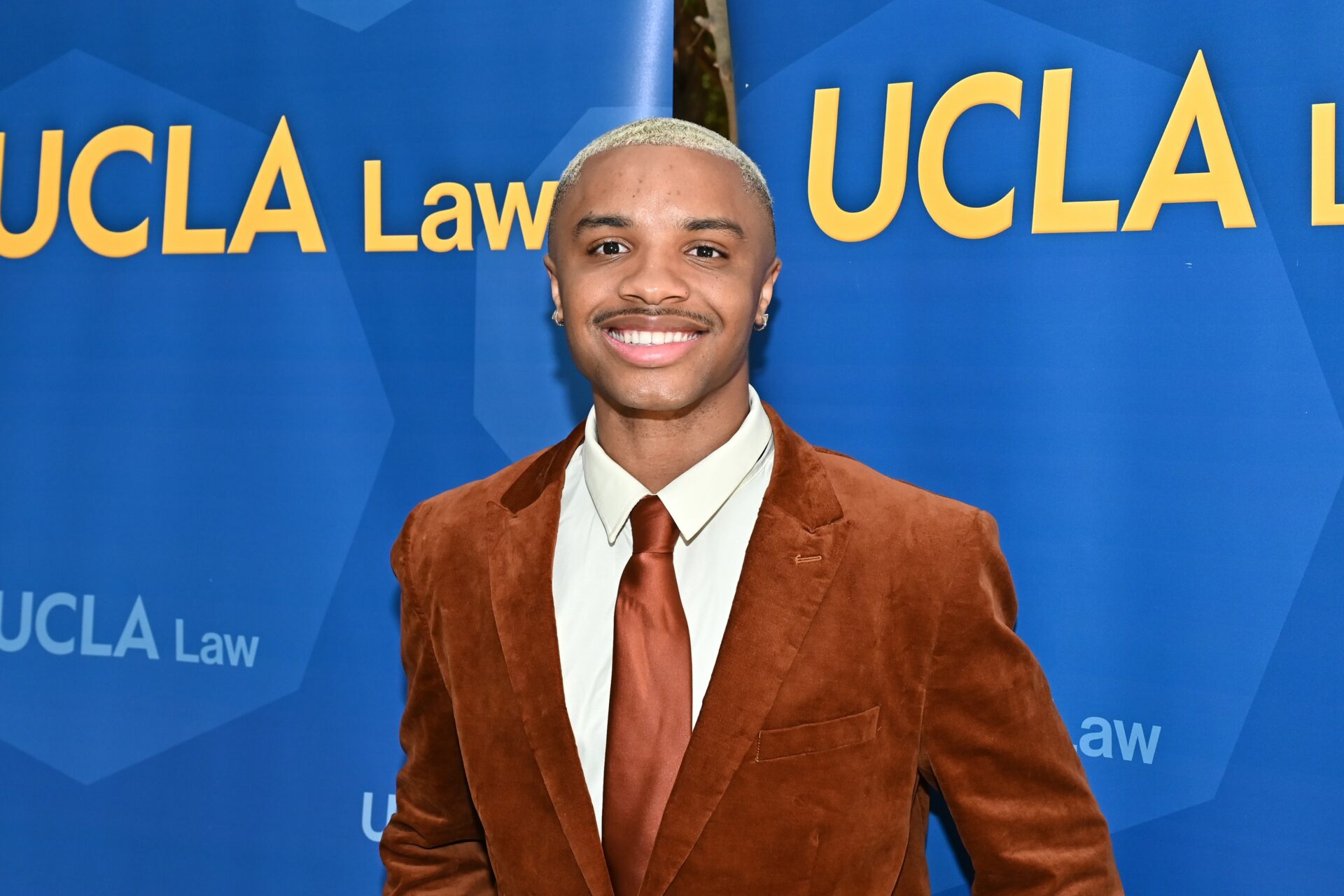We were lucky to catch up with Michael Stallworth recently and have shared our conversation below.
Hi Michael, so excited to talk about all sorts of important topics with you today. The first one we want to jump into is about being the only one in the room – for some that’s being the only person of color or the only non-native English speaker or the only non-MBA, etc Can you talk to us about how you have managed to be successful even when you were the only one in the room that looked like you?
In the different leadership positions I held in undergrad and now in law school, and in the classroom, I always fee. like I am the token Black student who has no one to relate to or share my experiences with. I often experience imposter syndrome and feel like an outcast because of the environment that was cultivated to make people like me fail. Having this feeling of discomfort in these spaces empowers me to make a difference by finding ways to get involved. My persistence and determination grants me the opportunity to take on many leadership positions, allowing me to be an ambassador for higher education and a role model and mentor for students coming from historically excluded communities. I also co-founded a pre-law organization for Black students in order to educate them about the law school process and build networking opportunities. Breaking various barriers in these spaces makes me eager to pursue a profession where I can continue to challenge my intellect in different ways.
Thanks, so before we move on maybe you can share a bit more about yourself?
At an early age, I discovered my passion for helping others. I grew up in a faith-based, Christian family. My mother always stressed the importance of being selfless, helping others, and that giving back to your community was the right thing to do. These principles and values instilled in me have always been foundational to my character. Being passionate about helping others led me to apply to various organizations, pursue a social justice education in college, and give back to build underrepresented communities through service and advocacy. My goal was to receive a higher education and use my life experiences to uplift communities of color.
My strong interest in higher education led me to explore the intersectionality of my identity and possible career options. During my last year at UCSB, I had the opportunity to write a Senior Honors Thesis for the Black Studies Department. One day, I tweeted “social experiment: if you come across this tweet, reply with the grade you were in when you had your first Black male teacher.” My tweet received over 50,000 responses and a majority of the comments were “never” or “not until I got to college.” This prompted me to engage in discussion and do further research regarding Black male representation in academia in the United States. My thesis focused on research indicating that the rate of Black male teachers is the lowest of any race and gender present in the education field. However, the retention of Black students in Afrocentric schools has been high and promotes higher education to students in the community.
My research findings allowed me to examine why there is a lack of Black male presence in academia and how Afrocentric schools work to increase presentation in the classroom. My study theorized that Afrocentric schools have a greater percentage of Black male teachers, as such teachers feel that a teaching position fulfills a larger purpose to change K-12 education to better represent the history and contribution of Black people to world culture. My study also questioned the existence of barriers that may be in place to slow the percentage of Black male teachers in public K-12 education and what strategies or qualities of Afrocentric schools may be imported into the educational framework to make it more attractive to Black male teachers.
The lack of Black male representation in academia, specifically in universities and colleges, is a growing epidemic. It has become apparent that Black men decide to pursue higher education based on a host of factors. I hypothesized that negative school experiences, which include low expectations, racial stereotypes, and microaggressions, deter Black male students from considering pursuing higher education. Having positive interactions with encouraging teachers and being presented with the opportunity to have a direct teaching experience allows students to feel empowered to attend college or university; essentially, the percentage of Black male university students is dependent on the student experience they have with teachers and the quality of their education. With an Afrocentric education, students are set up for success and given the resources necessary to pursue higher education.
My studies also examined how institutional racism persists in the American public school system. This is prevalent through gerrymandering, a practice intended to establish a political advantage for a particular party or group by manipulating district boundaries. This separates different classes of people in order to favor one over the other. It also became evident that racism exists in the American public system because public schools have criminalized Black students, making us feel like we will not be able to succeed in receiving an education. The racial imagination exposes communities of color disproportionately to environmental hazards and social nuisances, while offering white people privileged access to economic opportunities, social amenities, and valuable personal networks. This space discourages students of color from receiving a higher education because the lack of resources and services offered provides a lack of information available for students of color who are first-generation. Thus, racism makes it harder for people of color, especially Black students, to be successful and thrive at any institution. However, through the intersectionality of my identifies, I continue to challenge this.
If you had to pick three qualities that are most important to develop, which three would you say matter most?
Sociology, Black Studies, and Law have been three impactful areas in my journey.
Being passionate about helping others led me to apply to various organizations, pursue a social justice education in college, and give back to build underrepresented communities through service and advocacy. My goal was to receive a higher education and use my life experiences to uplift communities of color. My degrees in Sociology and Black Studies created a social justice education that empowers me to conduct change in society through policy and social justice work. This has guided me to pursue a legal education that will allow me to advocate on behalf of marginalized communities. My hunger for social justice is as intrinsic as my desire to learn. My decision to pursue an education in Sociology and Black Studies stemmed from the experience of growing up in a city that placed labels on my life before I even learned what being Black in America meant. People always stereotyped and discriminated against me based on what they saw in the media. I went to college with little knowledge about my culture or who I was as a Black, gay man in society. This led me to always feel like I have to work harder than most people in order to be seen, have my voice heard, or prove that I will be successful because of the preconceived notions behind the pigmentation of my skin.
All the wisdom you’ve shared today is sincerely appreciated. Before we go, can you tell us about the main challenge you are currently facing?
Growing up in a family with generations of bishops and pastors has been extremely challenging. My entire life has revolved around church and being certain I am doing things that would please God. Since my family owns churches throughout my hometown, Stockton, CA, I have always felt obligated to subscribe to a certain image and adhere to the strict standards and beliefs they uphold. Additionally, the pressure of being gay in a Christian family and enduring sexual abuse has made me feel trapped and suffocated. Sometimes, I feel the pressure and challenges of trying to have control over my life. My extended family consistently uses the Bible to back their homophobic thoughts, which has made me become ashamed of my sexuality. Two days after my eighteenth birthday, I attempted to commit suicide. I was tired of the labels placed on my life, broken-hearted from not being accepted by society, and I felt worthless. I was ready to end my life in hope of suppressing the feelings that overpowered me. Thankfully, my attempt was unsuccessful. Following my attempt, I received professional counseling from a therapist, which really provided me with a different outlook on life. I was finally able to see the pot of gold on the other side of the rainbow.
These life-changing experiences have taught me how to be an advocate for myself and others by standing up for what’s right. The adversity I overcame to get to where I am now is my driving force for providing legal access and resources to people who come from similar backgrounds as me.
Contact Info:
- Instagram: @itsstallworthit
- Linkedin: https://www.linkedin.com/in/michaelgstallworth/
- Youtube: Michael Stallworth
